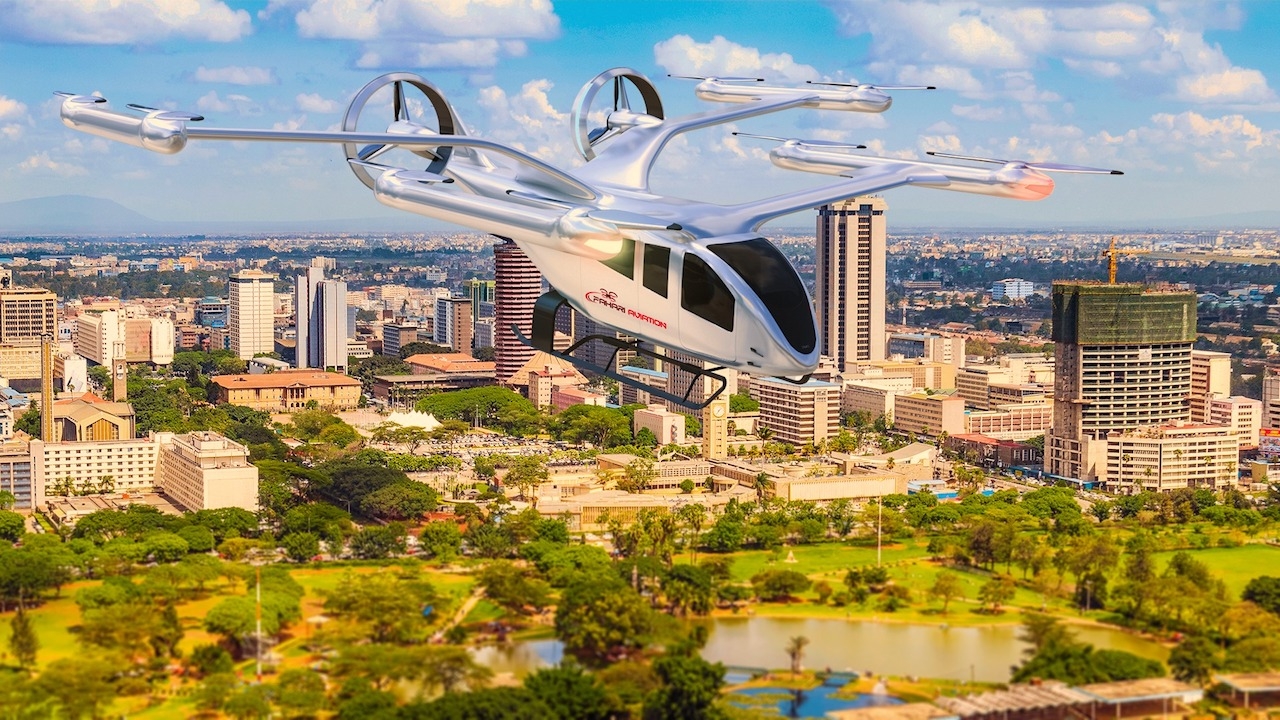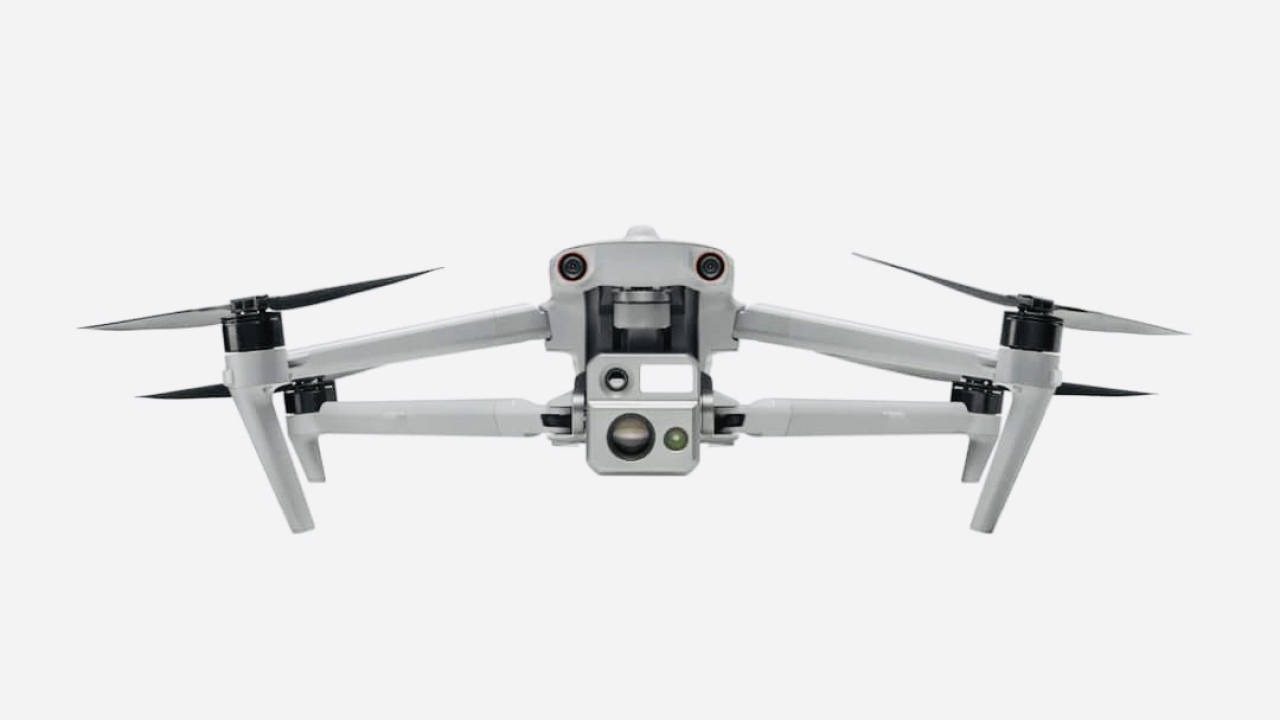Fahari is all about Eve...
Kenya’s Fahari Aviation has signed a letter of intent to buy 40 electric vertical take-off and landing aircraft.

New deal: Fahari Aviation and EVE commit to establishing the foundations that will sustainably support the ecosystem for urban air mobility in Kenya. Picture: Fahari Aviation.
Electric vertical take-off and landing (eVTOL) aircraft are seen as the future for the aerospace industry, with many start-up companies going head-to-head in production.
The new technology uses electric power so aircraft can hover, take off, and land vertically, making it easier to travel within cities and avoid traffic jams.
Already there is much global interest in these ‘flying taxis’ for companies looking to develop the urban air mobility (UAM) market. Fahari Aviation, a subsidiary of Kenya Airways, is no exception.
The initial focus for Fahari Aviation has been on the uncrewed airspace sector. It has offered specialised training courses including remote pilot licence training, remote pilot licence instructor rating, and beyond visual line-of-sight training. It has also offered enterprise solutions for drone technology applications.
Now the company has gone one further, signing a letter of intent (LoI) for up to 40 eVTOLs with EVE UAM, a subsidiary of Eve Holding (EVE) and a carve-out of Embraer.
The agreement includes joint studies through a working group to develop and scale the UAM market and a business model for cargo drone operations in Kenya.
“The signing with EVE is an expression of interest that will enable Fahari Aviation to participate in the development of eVTOLs,” explained general manager Hawkins Musili.
“Emerging and future aviation technology is the core of our mandate and, in our view, eVTOLs represent the future of air mobility.
“Beyond enhancing movement and simplifying connectivity, UAM is expected to lower the cost of air transport and, hence, provide more access for people. As a result of enhanced accessibility to rural areas, there will be a heightened emergence of economic regions within Kenya and the entire African region.”
The company has been focusing on innovative and sustainable solutions to address different challenges, such as overcoming traffic jams, creating sightseeing opportunities, parcel delivery, agriculture, and wildlife protection.
Musili believes EVE’s zero-emission, low-noise and accessible eVTOL will benefit the development of air mobility in Kenya, and he pointed out that the new agreement was an opportunity to participate in the design and development of the technology.
He added that the company would take the time to study potential use cases and their feasibility in the region to determine the timing and magnitude of any acquisition or investment in eVTOLs in the future.
The eVTOLs are expected to be ready in five years, but there are still potential challenges to overcome.
“There is a lot of work to be done in developing the ecosystem for this technology, such as infrastructure, regulations, safety, traffic management, and awareness,” explained Musili. “We are working very closely with industry stakeholders to formulate a development plan and make this a reality for Kenya. Once urban air mobility is operationalised, it will create a new stream of economic activity and, with it, new employment opportunities within the aviation sector.”
Musili is proud that Fahari Aviation is one of the first companies in Africa to sign a LoI for eVTOL aircraft.
“Disruptive technology is bound to catch up in Africa,” he said. “We recognise that making our intentions clear from the onset will allow us to shape and understand the technology and product better. This knowledge will be critical in deciding the timing and magnitude of investment in eVTOLs and will help us influence its adaptability in Africa and beyond.
“Beyond existing and emerging technology, aviation is in on the cusp of a combination of massive technological shifts that will bring into reality efficiencies and capabilities that we can only imagine now.
“The future of the aerospace industry will be an accessible autonomous air mobility ecosystem that will revolutionise the bounds of connectivity, distance, and time.”
Stay up to date
Subscribe to the free Times Aerospace newsletter and receive the latest content every week. We'll never share your email address.


